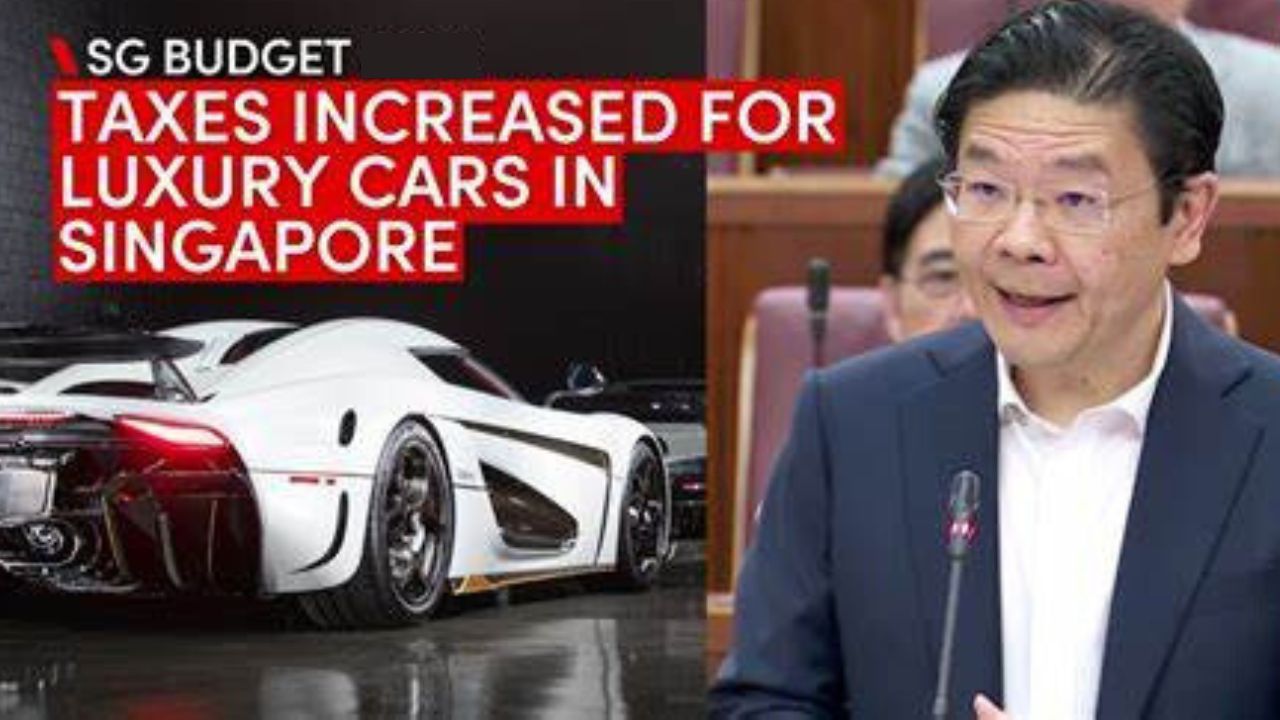The debate over whether exotic cars should face higher taxes is a contentious one, sparking strong opinions from both sides.
On one hand, proponents argue that higher taxes on luxury vehicles are a fair way to generate revenue for public services and reduce environmental impact.
On the other hand, opponents contend that such taxes are excessive and unfairly target the wealthy. This article look into the arguments for and against higher taxes on exotic cars, exploring the broader implications for society and the automotive industry.
Arguments for Higher Taxes
One of the main arguments in favor of higher taxes on exotic cars is the potential to generate substantial revenue for government programs and public services.
Luxury vehicles are often owned by individuals with significant disposable income, and taxing these high-end purchases can help fund infrastructure projects, education, healthcare, and other essential services.
Proponents argue that this approach aligns with the principle of progressive taxation, where those with greater financial resources contribute more to society.

Environmental considerations also play a crucial role in the debate. Exotic cars, with their powerful engines and higher emissions, often have a larger carbon footprint compared to standard vehicles.
By imposing higher taxes on these luxury vehicles, governments can incentivize the purchase of more fuel-efficient and environmentally friendly cars. This, in turn, can help reduce greenhouse gas emissions and combat climate change.
Supporters of higher taxes argue that this approach encourages responsible consumption and aligns with global sustainability goals.
Additionally, higher taxes on exotic cars can address issues of social equity. The luxury car market represents a small, affluent segment of society, and taxing these vehicles can be seen as a way to redistribute wealth and reduce income inequality.
By directing the revenue from these taxes towards social programs, governments can provide support to underserved communities and promote economic equality.
Arguments Against Higher Taxes
Opponents of higher taxes on exotic cars argue that such measures are excessive and unfairly target the wealthy. They contend that individuals who can afford luxury vehicles have already paid substantial amounts in taxes, including income tax, sales tax, and property tax.
Imposing additional taxes on exotic cars, they argue, amounts to punitive taxation and undermines the principles of a free market economy.
Critics also highlight the potential negative impact on the automotive industry. Exotic car manufacturers, many of which are iconic brands with rich histories, contribute to economic growth through job creation, innovation, and exports.
Higher taxes on luxury vehicles could lead to decreased sales, reduced production, and potential job losses in the industry. This, in turn, could have a ripple effect on related sectors, such as dealerships, suppliers, and service providers.

Moreover, opponents argue that higher taxes on exotic cars may not significantly impact environmental outcomes.
They point out that the number of exotic cars on the road is relatively small compared to the vehicle population. As a result, the environmental benefits of taxing these luxury vehicles may be limited.
Instead, they suggest that broader measures, such as investing in public transportation and renewable energy, could have a more substantial impact on reducing emissions and promoting sustainability.
The debate over higher taxes on exotic cars is multifaceted, encompassing economic, environmental, and social considerations. Proponents argue that such taxes are a fair way to generate revenue, promote sustainability, and address social equity.
Opponents, however, contend that these taxes are excessive, unfairly target the wealthy, and could harm the automotive industry. Ultimately, the decision to impose higher taxes on exotic cars depends on balancing these competing interests and finding solutions that align with broader societal goals.
Also Read: Rise of Chinese Automakers And The Threat to Global Markets

